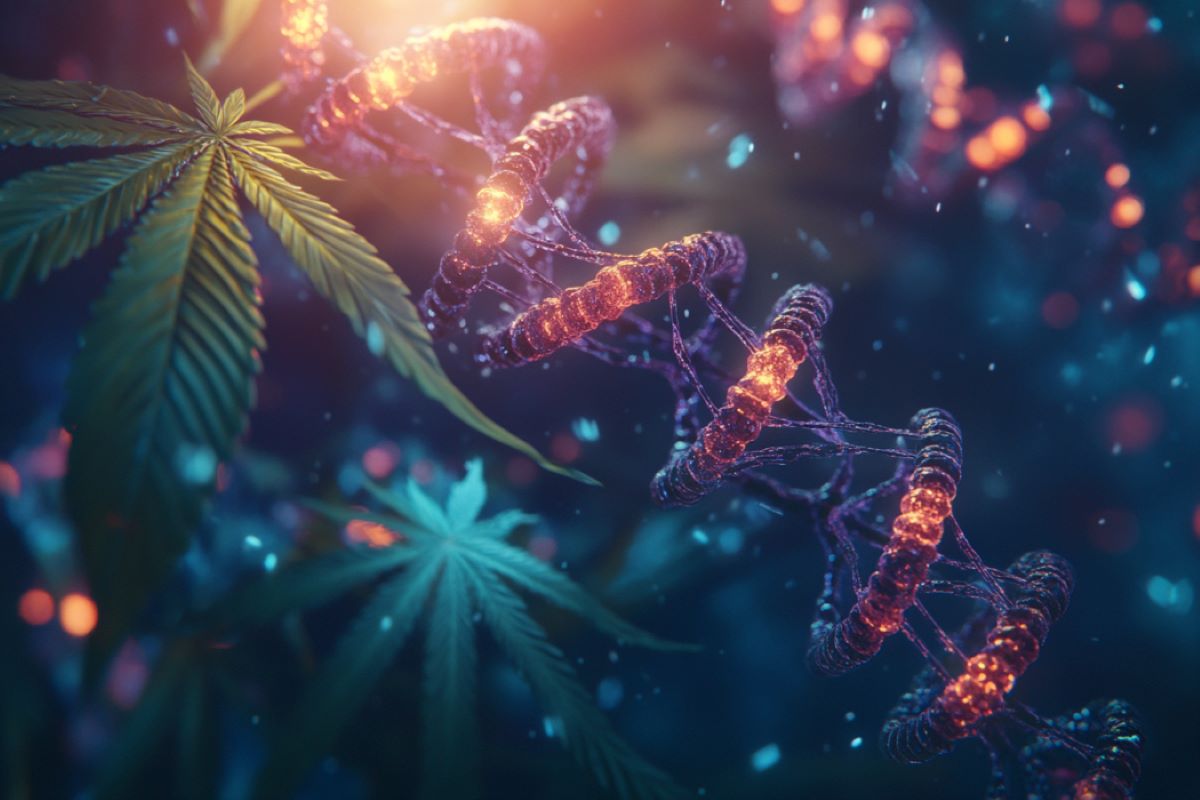
Cannabis Use Linked to Epigenetic Changes, Cancer Risk
Summary: Research indicates that cannabis use causes cellular damage that increases the risk of highly cancerous tumors by disrupting mitochondria and damaging DNA. This genotoxicity can result in mutations, accelerated aging, and birth defects, with potential to be passed on to future generations through egg and sperm. Insights from broader mitochondrial research provide a mechanistic understanding of how cannabis affects genetic stability.
Cannabis use causes cellular damage that increases the risk of highly cancerous tumors, according to a new paper published in the scientific journal Addiction Biology.
The paper describes cannabis as a “genotoxic” substance because it damages a cell’s genetic information, which can lead to DNA mutations, accelerated aging, and cancer. To make matters worse, this genotoxicity may be transmitted via damaged egg and sperm to the cannabis user’s offspring, making the risk of cannabis use trans-generational.
In a recent publication in Addiction Biology researchers from The University of Western Australia have made a link between established knowledge that cannabis use damages cellular energy production by inhibiting mitochondria and new cancer research published in Science showing that mitochondrial dysfunction drives chromosomal damage, which shows up as increased rates of cancer, accelerated aging, and birth defects.
Leave a Comment
Related Posts

How has access to legal cannabis changed over time? An analysis of the cannabis retail market in Canada 2 years following the legalisation of recreational cannabis
Comment
Tale of Two Intersecting Epidemics: Why We Need mRNA Vaccines in Africa, and For All Who Are Immunocompromised
Comment



















